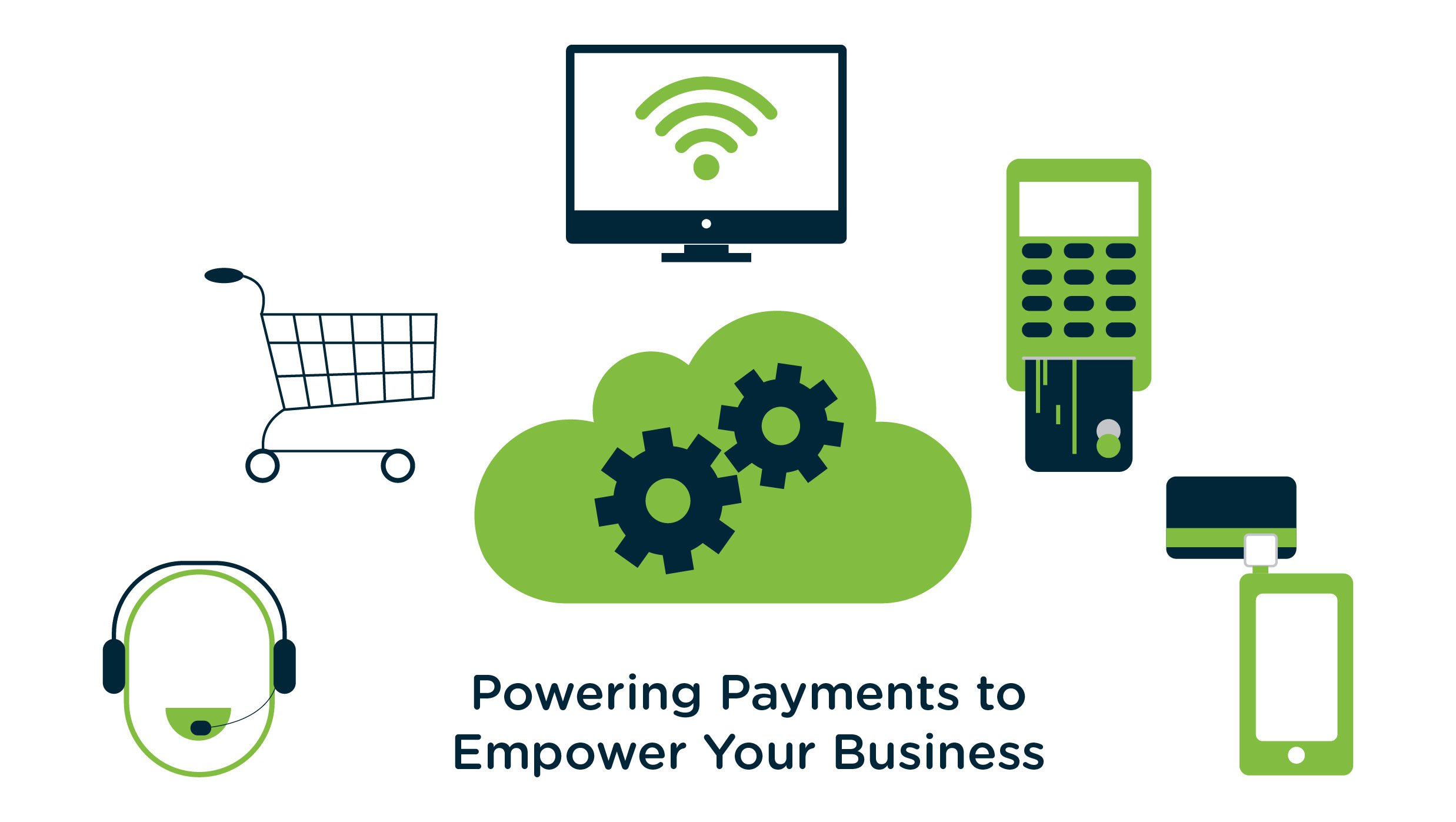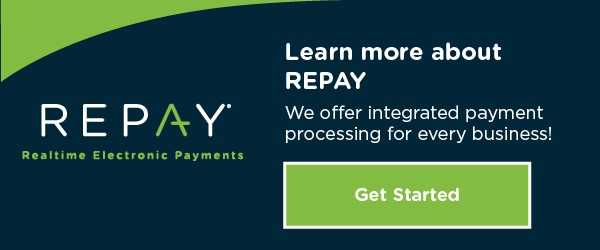Omni-channel integrated payment processing can be crucial to streamline workflows, save money, and remain relevant to modern customers. Now more than ever, businesses need to accept payments across multiple channels to meet consumer demand. Luckily, there is no easier way to improve your bottom line than by implementing an omni-channel, integrated payments solution.
Whether it’s a virus, like COVID-19, or the latest trend in software, changes happen fast - and successful businesses need to be able to adapt and innovate quickly. Less than 30 days ago, many were not worried if they could receive checks mailed to their office or accept payments online from customers. Now, with most working from home, these items have suddenly become a challenge for many businesses because they were not set up for omni-channel processing.
What is Omni-Channel Processing?
When it comes to payments, the meaning of omni-channel is:
the ability to provide all methods, or channels, of collecting payments in the ways in which your customers prefer to pay.
Under this definition of omni-channel, your business needs a trusted payments provider to ensure a seamless customer experience for every payment method.
It is important to keep customers flowing through the sales cycle even as they switch between in-person purchases and online payment methods. Along with brick and mortar locations, businesses might have:
- Online eCommerce shopping carts
- Phone orders
- ACH and bank-to-bank transfers
- Mobile and contactless payments
- Recurring/subscription billing
- Invoices with links to secure online payment portals
- and many more.
The method that your omni-channel processing solution utilizes will depend on your business and your customers. Optimizing your omni-channel payment solution enables customers to easily switch between multiple forms of payments.
Why Omni-Channel?
Omni-channel payment processing solutions are becoming more frequent as technology and eCommerce grows in today’s business. Here are some fast facts about omni-channel commerce:
- 73% of customers use multiple channels during their shopping journey (HBR, 2017)
- Customers who used 4+ channels spent 9% more in the store, on average, when compared to those who used just one channel (HBR, 2017)
- 78% of retailers admit there is no one brand experience across their channels (Periscope, 2016)
If customers are able to make payments how they want and when they want, they are more likely to complete the purchase and pay faster, helping you accelerate collections and gain more sales.
Omni-Channel versus Multi-Channel
Omni-commerce experiences are blurring the line between the digital and physical worlds.
A multi-channel retailer may have a retail storefront as well as an online store but not have information flow between those channels or even interact at all. Omni-channel solutions have information flow seamlessly between all channels – and seamlessly amongst any ERP, eCommerce, POS, or AR solution the business uses.
A properly implemented omni-channel strategy can:
- Link your eCommerce shopping cart with your payment processor, your inventory management with your brick-and-mortar terminals, and more
- Allow you to accept multiple methods of payments
- Help you process in multiple currencies
- Provide a seamless experience for customers as they move from touchpoint to touchpoint in-store, online, on social media, on mobile devices, and more
Inventory out of stock on retail shelves can direct customers to buy online. Customer information and purchases can be accessed in person, online, and through specific portals for easy and consistent access. Information is saved and flowed for the customer where and when they need it.
"Omni-channel will become a requirement as eCommerce grows globally," according to Greg Chapman of Avalara in a recent article posted by Independent Retailer. To adopt a truly “omni-channel” approach, businesses will need to leverage integrated technology solutions that connect all payment touchpoints. Simply providing multiple channels or methods of accepting payments is not enough. An omni-channel solution will be able to collect, share, and manage transaction and customer data, securely, across multiple systems.
Omni-Channel Must Have #1: Seamlessly Integrated Solution
It is essential that any omni-channel solution provides seamless, personalized experiences for consumers to engage with. Seamlessly integrated solutions are, in fact, essential for consumer data to be easily transferred between different platforms. The experience for the customer is a breeze and helps businesses to optimize their sales potential.
Some payment processing solutions will only be partially integrated. Seamlessly integrated solutions connect each integration together (shopping cart, ERP, POS, etc.), allowing for back and forth communication between platforms with a shared token for easy reconciliation. By using shared tokens, this creates a seamless experience for customer and business users.
Omni-Channel Must Have #2: Level 3 Discounts
Level 3 B2B payment processing helps businesses garner lower processing rates and reduce costs for business to business transactions. Integrated and automated Level 3 processing pulls the necessary data points for you with no extra man hours or manual data digging. Omni-channel processing with Level 3 directs all needed information and data to maximize savings. This helps to improve your cash flow, and ensure faster reconciliation.
Omni-Channel Must Have #3: All-in-One Payments Provider
The right payment gateway integration will be from an all-in-one processor who is capable of meeting all of your needs as a merchant services provider to help you find the best payment processing services for your business. Obtaining merchant accounts separately for each method of payment that you want to accept is cumbersome and inefficient. Having just one trusted provider to verify and enable all transactions eliminates any redundant fees and duplicative paperwork. Merchant service providers offer far-reaching and flexible coverage for any merchant that is looking to simplify their processing and provide a seamless customer experience. An all-in-one payment solutions provider, such as REPAY, can allow you to keep your merchant account but change banks, should the need ever arise.
REPAY has a team of payments experts standing by to educate you and provide your business secure, compliant, and simple to use payment solutions. Our seamlessly integrated solutions automatically submit required data, reduce manual entry, and protect data every step of the way. With payment integrations to many leading ERP and eCommerce platforms like Acumatica, AccountMate, Adagio, Sage, SAP Business One, Magento, WooCommerce, BigCommerce, and more, REPAY is leading the way in the payments industry by providing omni-channel payments, and 24/7 live customer support for thousands of merchants.
Ready to get started today with an omni-channel integrated payments solution? Contact us to learn more!


